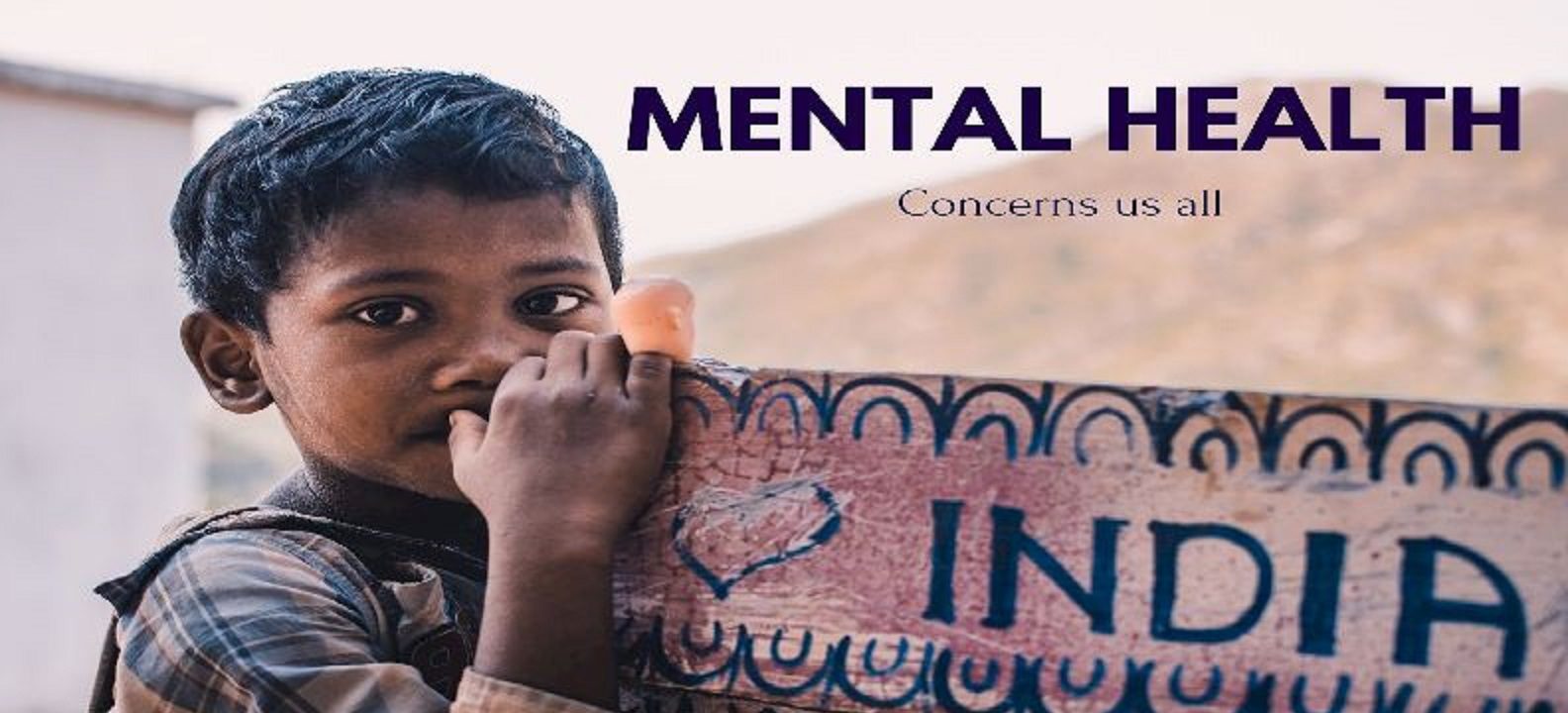
India grapples with a severe mental health crisis, with over 10% of its population affected and a vast majority lacking access to care. Stigma, a shortage of mental health professionals, and cultural barriers exacerbate the problem. Home healthcare services and counseling emerge as vital solutions. They offer accessible, personalized care and support for individuals, filling critical gaps in the system. Additionally, tele-mental health services expand access, and government policies and NGOs work towards destigmatization and reform. This combined effort brings hope for a brighter future with improved mental healthcare accessibility and support across India.
India is grappling with a severe mental health crisis. Shockingly, data reveals that around 10.6% of the population suffers from mental health conditions, yet a staggering 76% to 85% of those in need remain deprived of essential mental health care and support. This alarming situation underscores the pressing need for comprehensive and accessible mental healthcare services across the nation.
Understanding India’s Mental Health Landscape:
India celebrated for its diverse culture and rapid economic growth, faces a silent crisis that demands immediate attention: its mental health. Despite growing recognition of the importance of mental health in recent years, there is much work to be done. It is crucial to delve into this mental health crisis, explore the existing challenges, and shed light on the emerging roles of home healthcare and counseling services in tackling this critical issue.
Challenges in India’s Mental Health Landscape:
Several factors contribute to India’s mental health challenges, rooted in cultural and societal elements. Stigmatization and a lack of awareness about mental health issues persist, deterring many from seeking help. Discrimination against individuals with mental health disorders compounds their suffering. Furthermore, India grapples with a shortage of skilled mental health professionals, with a mere 0.75 psychiatrists per 100,000 people, creating significant barriers to timely and appropriate mental healthcare.
The Significance of Home Healthcare:
Home healthcare services have emerged as a vital component in addressing India’s mental health crisis. These services bring care and support to the doorsteps of those in need, particularly benefiting individuals with mobility challenges, such as the physically challenged, pregnant women, the elderly, children, and those dealing with conditions like post-traumatic stress disorder (PTSD).
Mental health nursing care, a crucial aspect of home healthcare, plays a pivotal role in assessing, diagnosing, and treating psychiatric problems. Mental health nurses collaborate with physicians to evaluate treatment progress and ensure individuals receive the necessary care. This collaborative approach is instrumental in providing comprehensive mental healthcare.
Counseling Services:
Alongside home healthcare, counseling services are indispensable in addressing mental health issues. Counseling offers a safe and supportive environment for individuals to confront their concerns, acquire coping strategies, and work toward recovery. Various forms of counseling, including individual, group, and family therapy, ensure individuals can access the support best suited to their needs. The therapeutic process helps individuals understand and manage their mental health conditions while fostering emotional resilience.
Enhancing Accessibility and Availability:
Access to mental healthcare remains a significant challenge, particularly in rural areas. Nevertheless, initiatives and organizations dedicated to improving access to mental health support are emerging. Tele-mental health services have gained prominence, offering remote counseling and support even to those in remote regions, prioritizing patient safety and privacy.
Government Policies and NGO Initiatives:
Government policies play a pivotal role in addressing India’s mental health crisis, necessitating investment in mental healthcare infrastructure, an increase in the number of mental health professionals, and destigmatization efforts. NGOs also contribute significantly, tirelessly raising awareness, providing support, and advocating for mental health reform in India.
The Promising Future of Mental Healthcare:
The future of mental healthcare in India holds promise. With the growth of home healthcare and tele-mental health services, more individuals will have access to timely and effective mental health support. Additionally, as awareness spreads and stigma diminishes, more people will be encouraged to seek help for their mental health concerns.
Overall, India’s mental health landscape is marred by a growing crisis that calls for attention, understanding, and action. The prevalence of mental health issues, coupled with challenges such as stigma and a shortage of professionals, underscores the urgent need for comprehensive mental healthcare services. Home healthcare and counseling services, alongside government policies and NGO initiatives, are pivotal components in addressing this crisis and paving the way for a mentally healthier India. The future holds hope for improved mental healthcare accessibility and support for all those in need.
